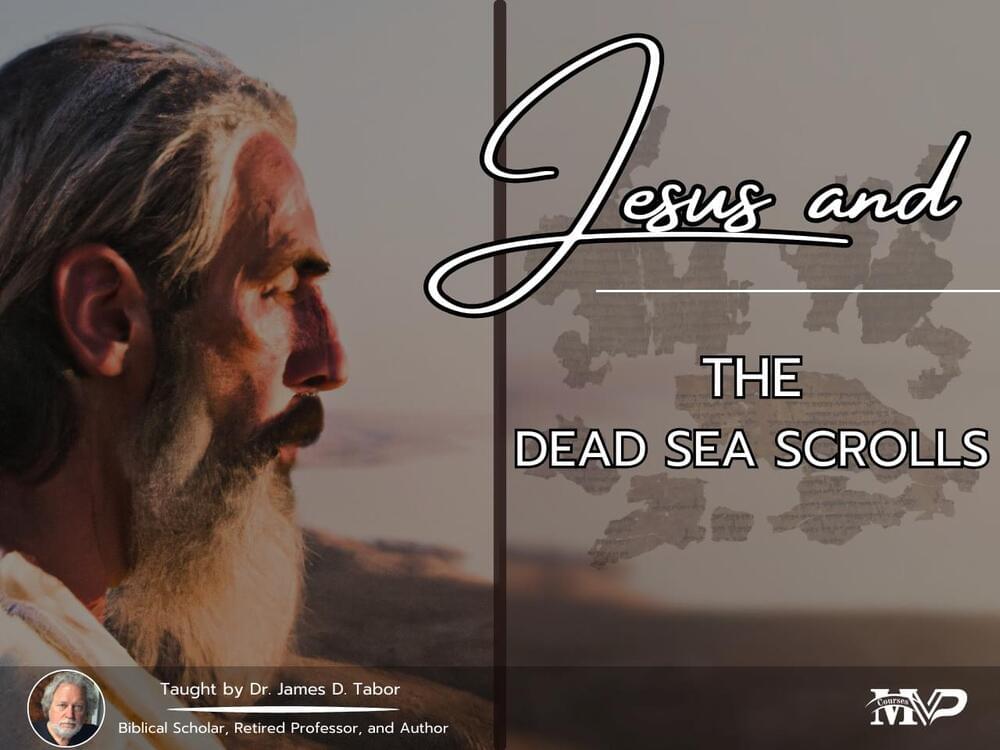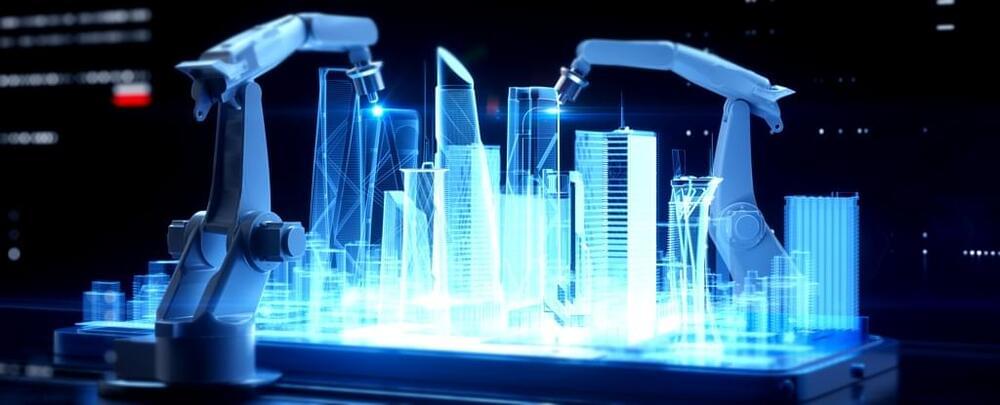Pediatric specialists at Lucile Packard Children’s Hospital Stanford are implementing innovative uses for immersive virtual reality (VR) and augmented reality (AR) technologies to advance patient care and improve the patient experience.
Through the hospital’s CHARIOT program, Packard Children’s is one of the only hospitals in the world to have VR available on every unit to help engage and distract patients undergoing a range of hospital procedures. Within the Betty Irene Moore Children’s Heart Center, three unique VR projects are influencing medical education for congenital heart defects, preparing patients for procedures and aiding surgeons in the operating room. And for patients and providers looking to learn more about some of the therapies offered within our Fetal and Pregnancy Health Program, a new VR simulation helps them understand the treatments at a much closer level.





